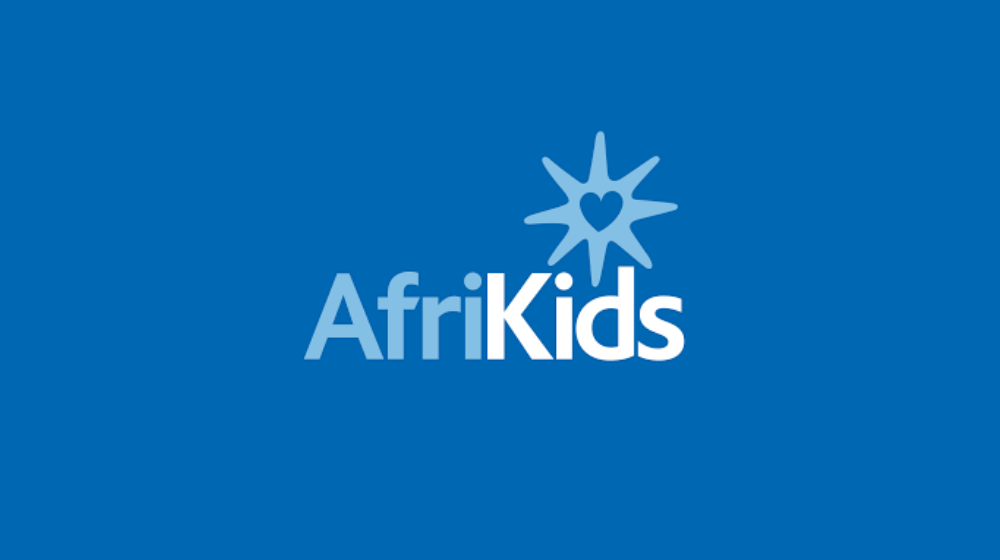The Venture Partnership Foundation (VPF) is a group of senior venture capitalists, private equity fund managers and business people who support promising social entrepreneurs in achieving scale and sustainability. This post is the second in a series addressing how VPF’s portfolio of social entrepreneurs have overcome challenges that offer interesting comparisons for any entrepreneur and looks at the challenges faced by one of the most sustainability-focused social enterprises that VPF has backed: AfriKids.
AfriKids is a multi-award-winning UK charity that aims to use the profits generated by social enterprises in Ghana to help deliver a host of child rights services in northern Ghana, reaching over 100,000 vulnerable children each year. AfriKids’ ambitious goal is to demonstrate the wider potential of their approach to international development, which seeks to make donor funding go further than has previously been the case. In the near-term, this involves raising funds in the UK to establish social enterprises in Ghana that will ensure the future sustainability of AfriKids’ in-country programmes, to the extent that by 2018 their UK fundraising office will be redundant! This will leave a free-standing Ghanaian organisation dedicated to alleviating child poverty and suffering in an area where access to basic health, education other services are hugely challenging. In turn, this will act as a master-class in sustainability and effective use of funds for social entrepreneurs addressing other issues in other parts of the world.
Below, AfriKids’ founder Georgie Feinberg describes the three greatest challenges the organisation has faced in getting to where it is now.
1. Long-term thinking
“Since day one, AfriKids’ focus has been all about the quality of the relationships we build, and not just the quantity – this goes for funders as well as our delivery partners. Having engaged committed, and forward-thinking donors is so beneficial in the long term – they stick with you when times are tough, they will fund the parts of projects that aren’t so attractive but just as important, and they act as fantastic ambassadors in spreading the word.
Building a donor base built on the quality of relationships has been a slow burner and a challenge in our early days, but taking this approach has paid off tenfold. Overcoming this was about understanding the long-term benefits when the short term can seem so much more pressing – not an easy lesson, but very important.”
2. Managing growth
“AfriKids’ growth has been very organic and led by those on the ground in Ghana; they know the problems in their own communities, and so they know best about the solutions that are needed. However, when growth happens fast, it’s not without its challenges! At one stage AfriKids went from running just two community projects to seven in the space of one year. Then, within the next three years, we grew to 21 projects. None were any less important than another, and all came with their individual challenges.
So how do you monitor quality, efficiency and plan for the future when the efforts of the organisation, quite fairly, are focussed on growth and helping as many people as possible? It was a challenge. However, stepping back, focussing on what we wanted to achieve, and looking at our work as objectively as possible was what was needed. Where AfriKids works in the Upper East Region of Ghana is not covered so comprehensively by any other NGO. By performing our own baseline surveys and really looking objectively, we’ve been able to prove to our funders (old and new), our partners and the communities we work with that we’re focussed on doing the right thing and in the right ways.”
3. Knowing your market
“To put it bluntly, if the Upper East Region of Ghana was an obvious or easy place to run businesses, more people would be doing it. As it is, it’s a part of the world that’s beset with an unpredictable climate, a place where 90% of people rely on subsistence agriculture, somewhere that is persistently dogged by a ‘brain drain’ of qualified workers moving to the more prosperous south, and not somewhere exactly overflowing with capital.
However, with local and national knowledge on the ground, a series of expert partners, advisors and consultants supporting us internationally, our business team are on track to make our 2018 dream a reality. How? Well, it’s all about understanding local markets, knowing how they fit into a national and international context and being flexible enough to work around the challenges that you’re faced with.”
VPF supports social entrepreneurs who exhibit the characteristics of their commercial counterparts. Any group CEO wouldn’t hesitate to offload a company in the pursuit of a broader corporate strategy, but how many would choose a strategy focused on doing themselves out of a job for the benefit of their customers? When AfriKids UK fundraising arm shuts down in 2018, this is what Georgie and co will have done.
